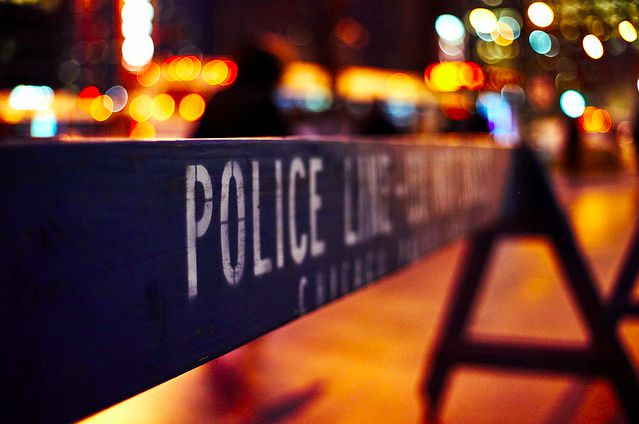State Traffic Ticket Hike Will Pay For New Police Body Cameras
By Rachel Cromidas in News on Aug 13, 2015 3:52PM
A new state law signed by Gov. Bruce Rauner Wednesday will charge Illinois drivers $5 more per traffic ticket to fund new police body cameras.
Lawmakers are calling it a landmark initiative meant to address growing national and local concerns over police misconduct. The law includes new standards for how the cameras will be worn, how officers will be trained to use them, and expands police officer training on use of force overall. It also requires all police officer-involved deaths to be independently investigated and bans the use of the chokehold, according to the Tribune.
Police body cameras are widely considered a good tool for monitoring law enforcement and preventing police misconduct, but critics say they are expensive and department policies need to be updated to include them.
One hitch in the new law is that it does not require police departments to use the cameras, but only sets standards for those, like the Chicago Police Department, that already do. It will also allow officers to turn off their cameras when talking to confidential informants or at the request of a victim or witness.
Still, the law has been called an important step forward by advocates of more transparency in policing.
American Civil Liberties Union of Illinois spokesman Ed Yohnka told the Tribune that the law adequately balances transparency and oversight wile still protecting personal privacy. The ACLU was involved in creating the bill.
“Most of all, we’re not going to have a different standard here than we have in Champaign, than we do in Peoria, than we do in Chicago,” he said.
Democratic State Sen. Kwame Raoul offered the bill cautious praise in a statement.
“You’re never going to pass a law that’s going to prevent an event from happening,” Raoul said. “What you can do is provide tools for law enforcement to better train their officers."
